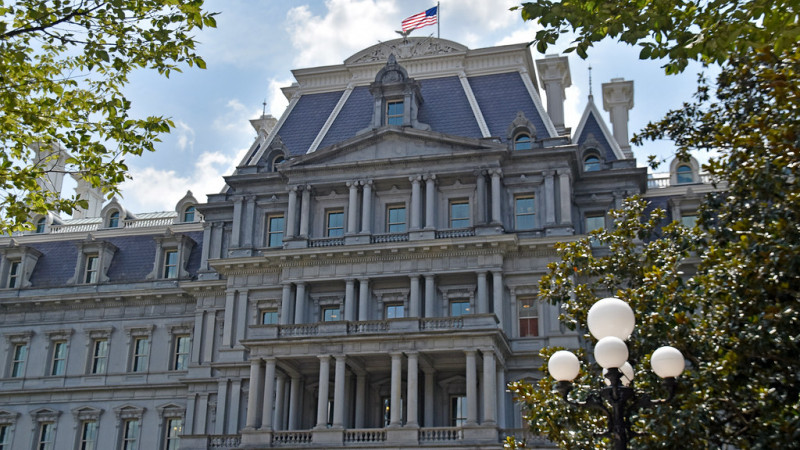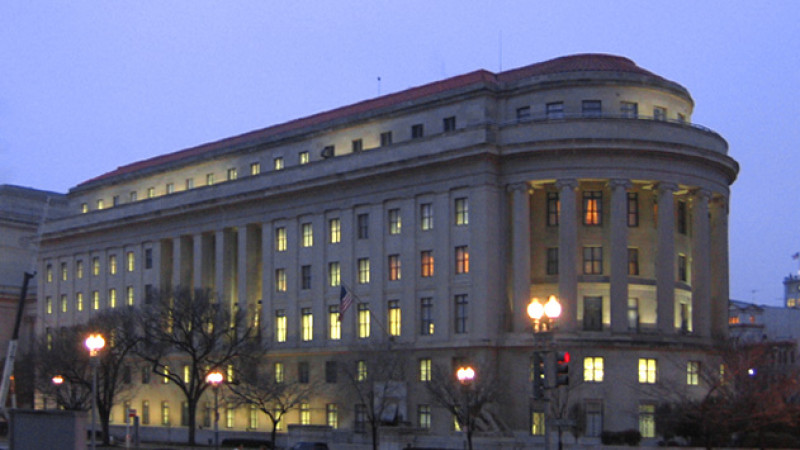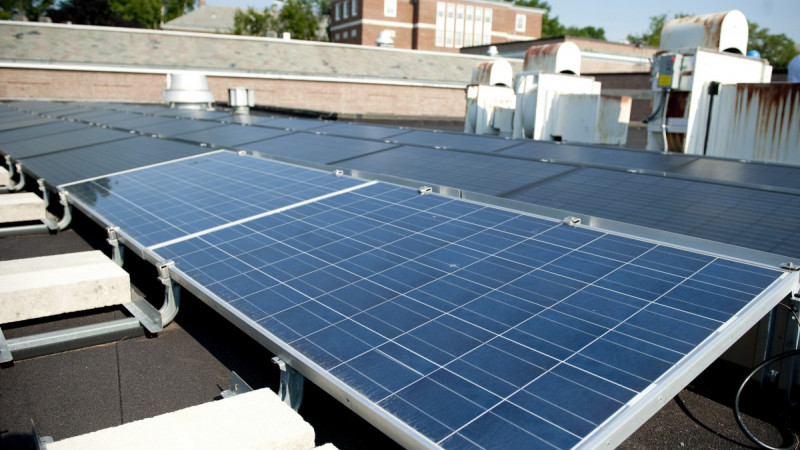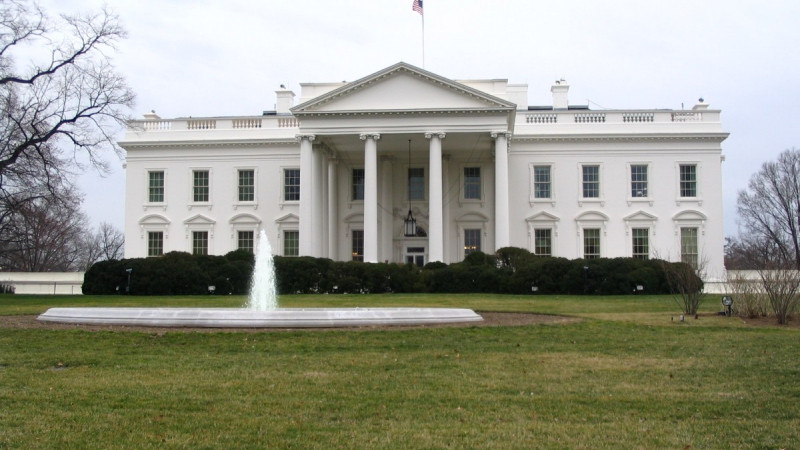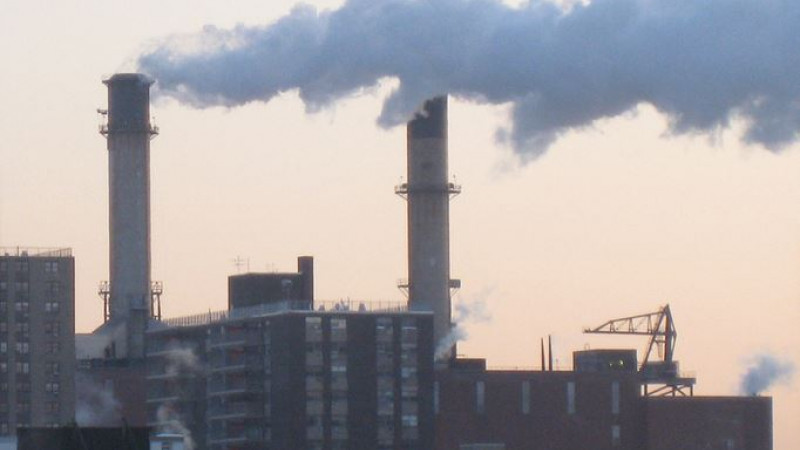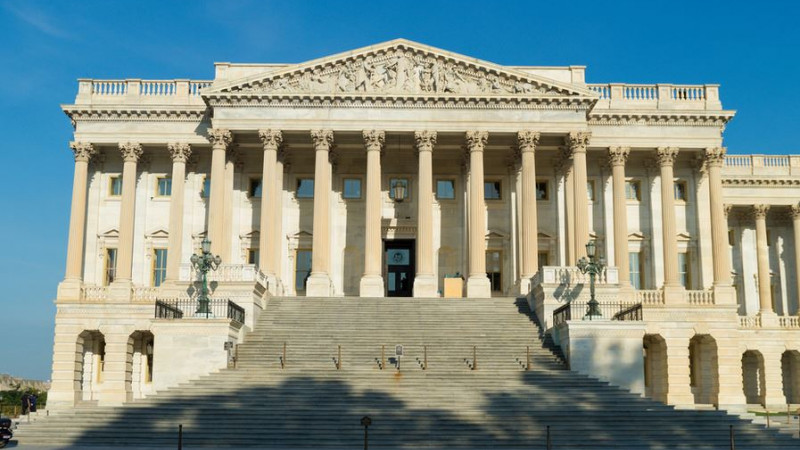Supporting the Social Cost of Carbon
The Social Cost of Carbon (SCC) is the best available estimate of the damage done by each ton of carbon dioxide that is released into the air, and this metric is a critical tool that decisionmakers can use to evaluate the climate impacts of policy choices. Policy Integrity has been a leader in pushing for improvements in SCC calculations; defending the use of the metric in litigation; and encouraging proper use of the SCC in relevant federal and state-level policy proceedings.
Our research shaped the Environmental Protection Agency's updated values for the metrics. The agency cited Policy Integrity publications dozens of times to support key decisions in the update, including its findings of average climate damage estimates, the global scope of damages to examine, and the need for lower discount rates.
On the federal level, Policy Integrity played a role in a critical court case supporting the use of the SCC. Previously, the U.S. Court of Appeals for the Seventh Circuit upheld Department of Energy’s (DOE) use of the SCC in its analysis of the agency’s energy efficiency standards for commercial refrigerators. The judges’ opinion acknowledged Policy Integrity’s brief for the case. This marked the first time that a court had ruled on the legality of an agency’s use of the tool. The judges adopted reasoning consistent with many of our brief’s arguments about the SCC, while rejecting a host of arguments that are often used to challenge rules that reduce emissions. Policy Integrity’s brief was the only one to address most SCC issues. As a result of this ruling, federal agencies can be confident in using the SCC, which could greatly increase the economic efficiency of rules that reduce carbon pollution. And though the Trump administration sought to pull back on using the tool, the case continues to provide strong support for continued use of the SCC. The case garnered considerable media attention, and Cass Sunstein, former head of the Office of Information and Regulatory Affairs, called the decision “one of the most important climate change rulings ever.”
At the state level, a state court in 2019 affirmed New York’s reliance on the SCC, specifically citing Policy Integrity’s brief and evidence showing that the Social Cost of Carbon is the “best tool to reflect the environmental monetary damages attributable to reduced carbon emissions.” The court ruling will provide guidance for other states pursuing climate policies.

_800_450_90_s_c1.jpg)
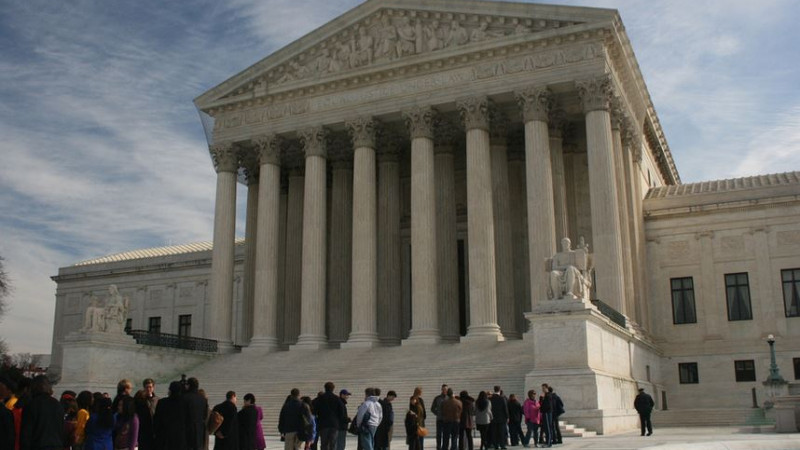
_800_450_90_s_c1.jpeg)

